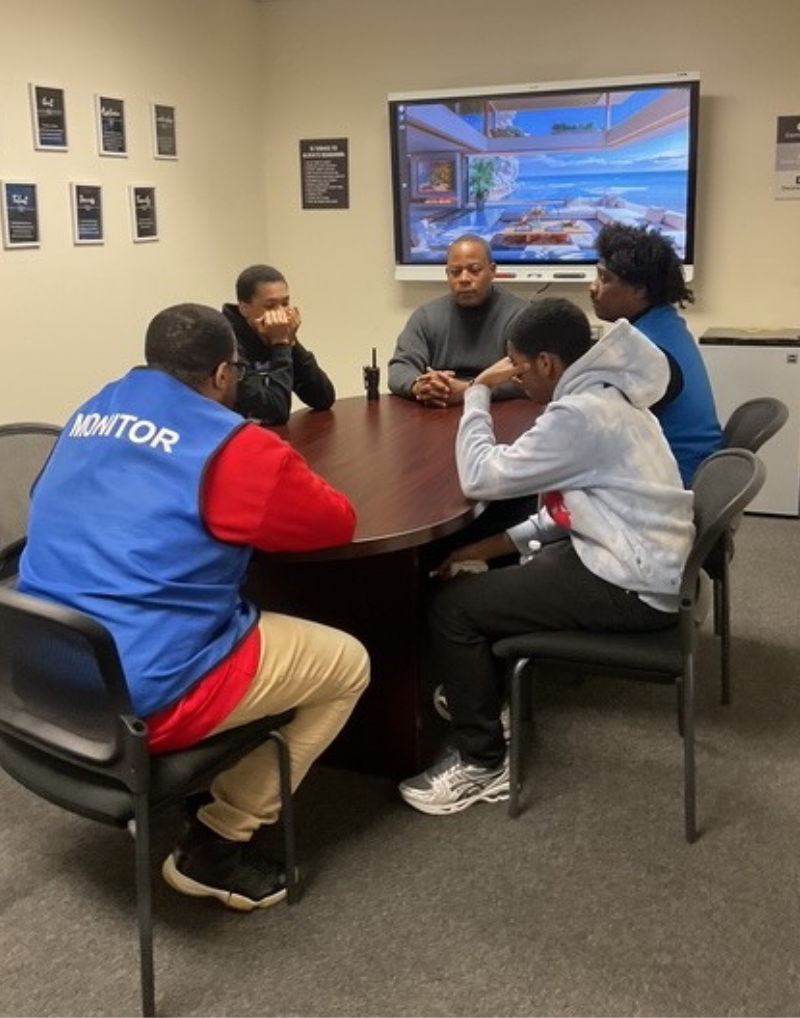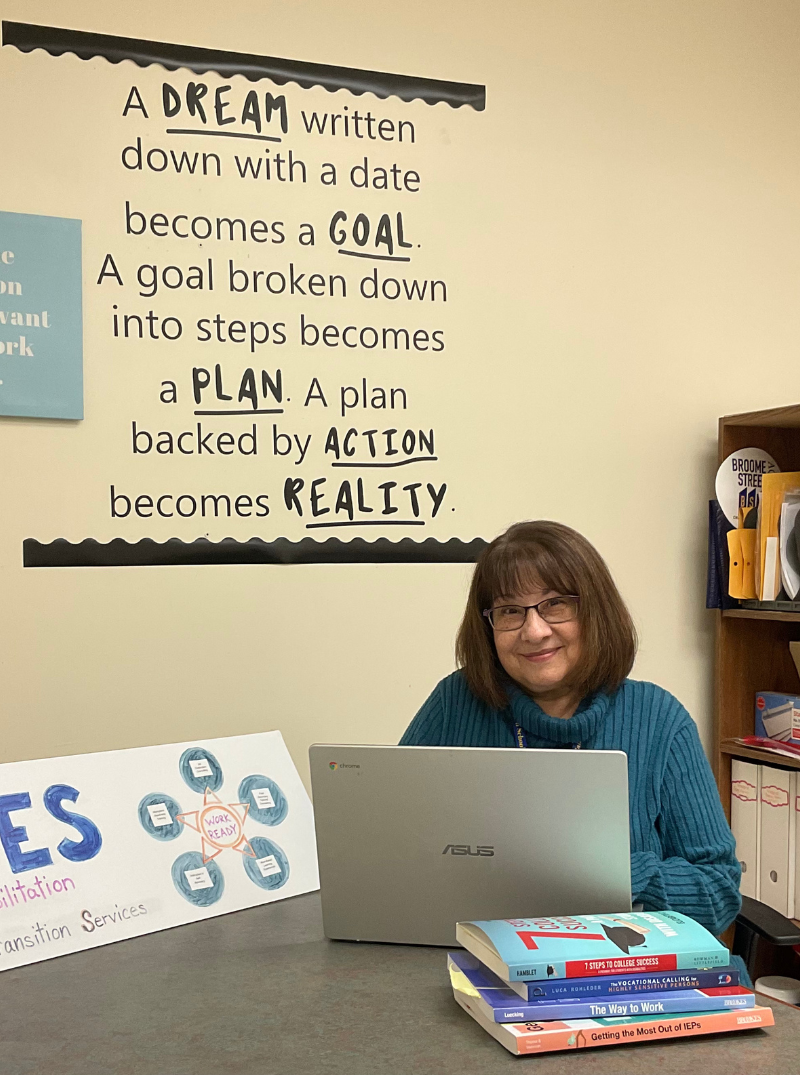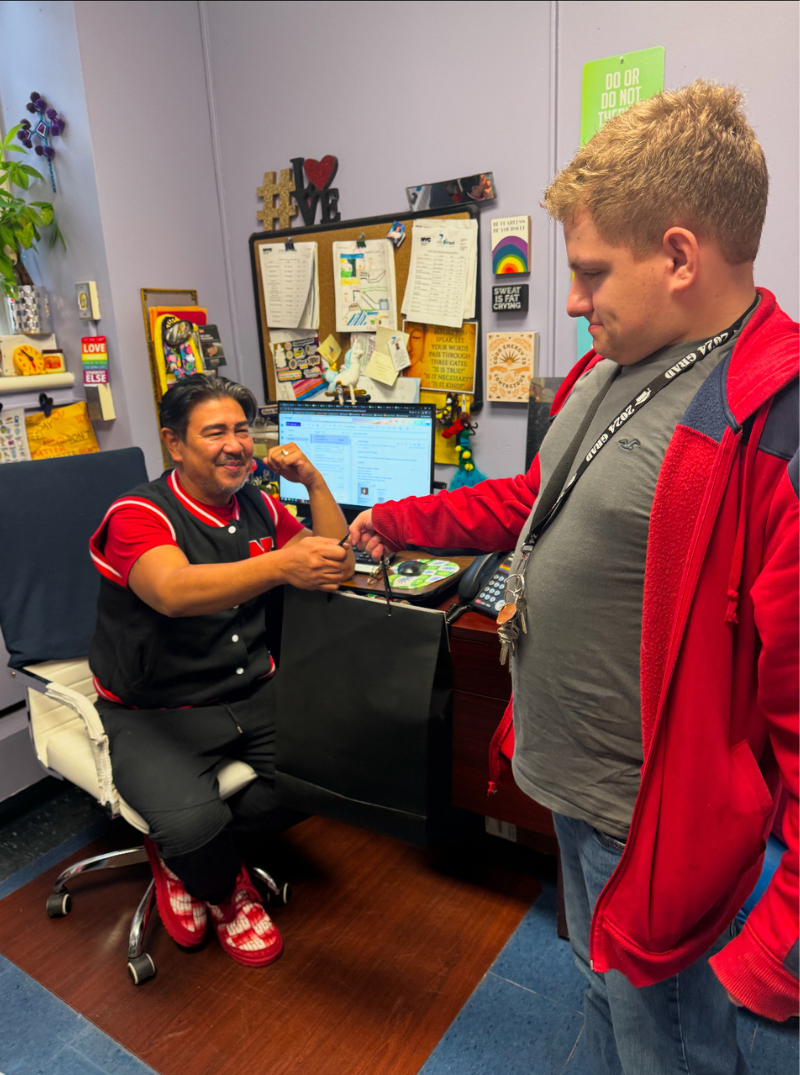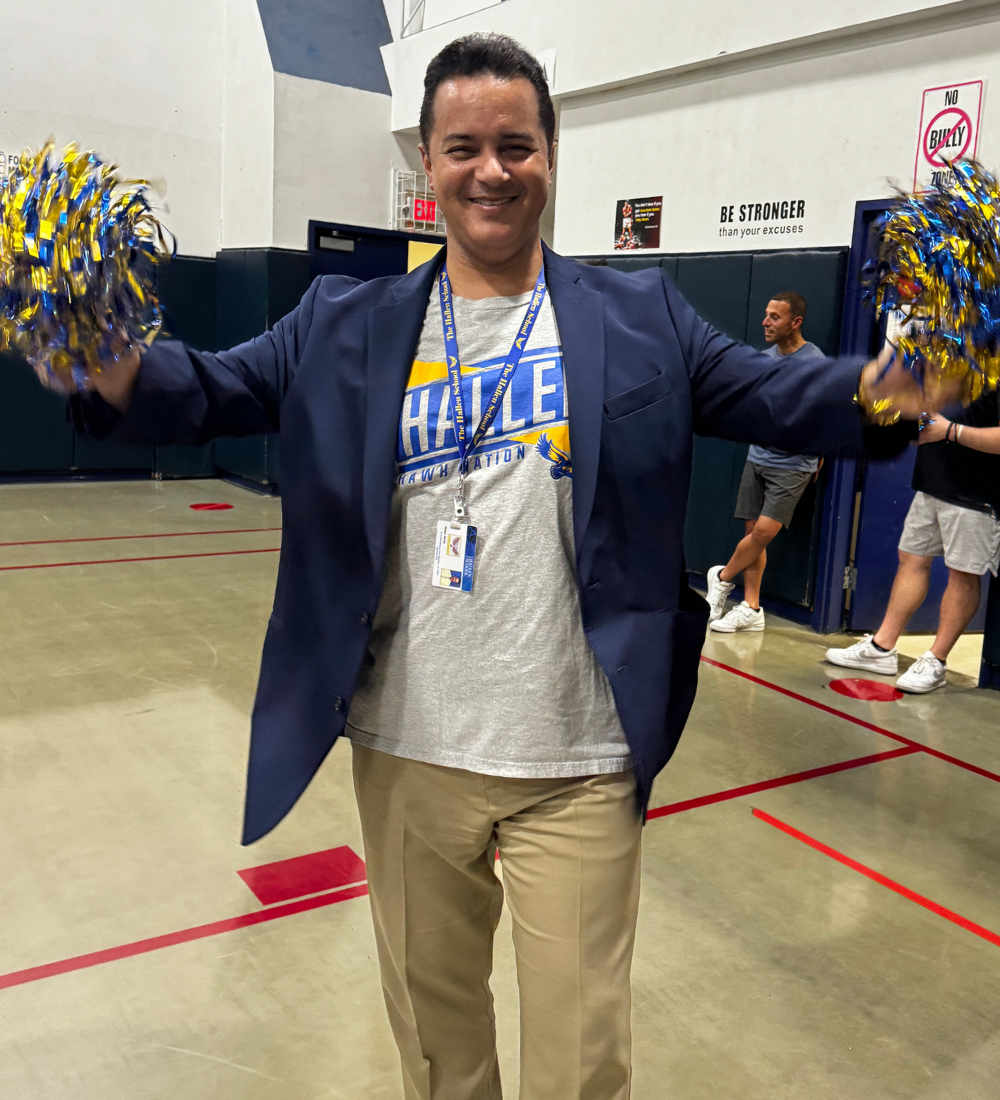Crisis Intervention
At The Hallen School, we’re committed to providing an exceptional education tailored to meet the unique needs of students with disabilities. Our programs, faculty, and supportive environment are designed to help every student thrive academically, socially, and emotionally.

What Is Crisis Intervention
Crisis intervention at The Hallen School is a proactive approach to managing behavioral and emotional challenges. Our goal is to minimize disruptions, promote positive behaviors, and provide immediate support during difficult situations.
Key Elements of Our Crisis Intervention Program:
Prevention Strategies:We teach students self-regulation and coping skills to prevent crises before they occur.
Collaborative Team Approach: Teachers, counselors, therapists, and administrators work together to provide timely and effective support.
Individualized Plans: Each student’s needs are considered to develop personalized strategies for crisis management.
How We Support Students
By addressing both the immediate situation and underlying causes, we create long-term solutions that benefit students and the school community.
Behavioral Support Plans: Developed with input from families and staff to address recurring challenges.
On-the-Spot Intervention: Immediate assistance to ensure the safety and well-being of students and staff.
Restorative Practices: Helping students learn from incidents and rebuild relationships.


Family & Community Collaboration
We believe that families are essential partners in creating a consistent support system for students. Our crisis intervention program includes:
Open Communication: Regular updates to families about strategies and progress.
Workshops and Resources: Providing families with tools to support their children at home.
Community Partnerships: Collaborating with external organizations to enhance resources and support systems.
Why Crisis Intervention Matters
Crisis intervention plays a critical role in ensuring students remain engaged in their education, even during challenging moments. By providing proactive and compassionate support, The Hallen School empowers students to overcome obstacles and thrive in a safe, nurturing environment.
Discover The Difference At The Hallen School
Our comprehensive services are designed to meet the academic, social, and emotional needs of our students. Whether through therapy, counseling, or crisis intervention, we are dedicated to helping every student reach their full potential.

Get In Touch
Phone
(914) 636-6600
info@thehallenschool.net
admissions@thehallenschool.net
Address
97 Centre Ave, New Rochelle, NY 10801

